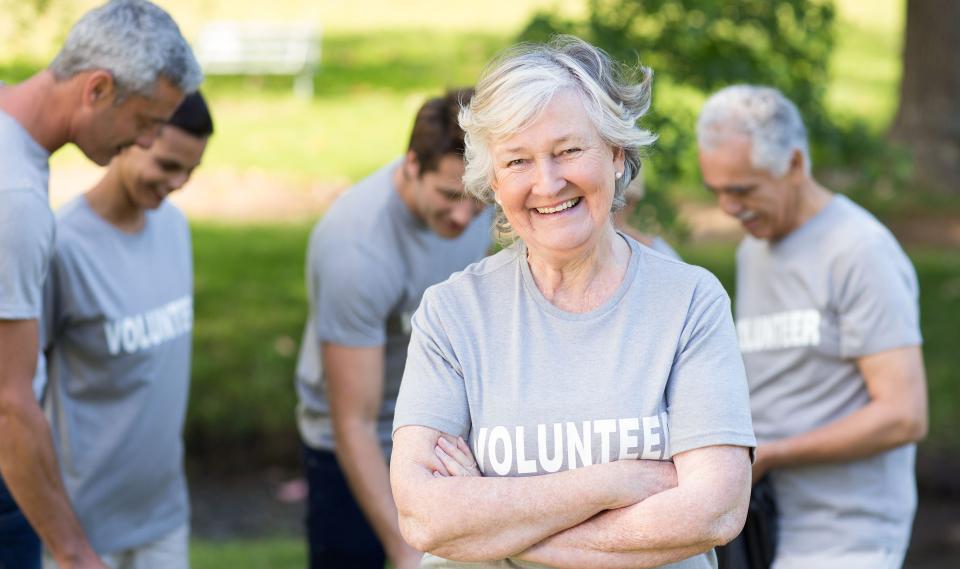IMMEDIATE HELP
SuicideLine Victoria | 1300 651 251
Suicide Victoria offers free professional online counselling 24 hours a day, 7 days a week to support people at risk of suicide, concerned about someone at risk, bereaved by suicide and people experiencing emotional or mental health issues.
Lifeline Australia | 13 11 14
Lifeline provides mental health support and emotional assistance on the phone and online.
Kids Helpline | 1800 55 1800
Kids Helpline is a free phone and online counselling service for young people aged between 5-25 years.
Beyond Blue | 1300 22 4636
Beyond Blue provides support programs to address issues related to depression, suicide, anxiety disorders and other related mental illness.
Nurse on Call | 1300 60 60 24
Nurse-on-call helpline provides health advice from registered nurse, 24 hours a day.
Crisis Assessment and Treatment Team (CATT) | 1300 721 927
The Outer East Crisis Assessment Treatment team provide mobile assessments to people in psychiatric and short-term home treatment as an alternative to hospital.
Sexual Assault Crisis Line (SACL) | 1800 806 292
SACL is a state-wide after hours, confidential, telephone crisis counselling service for people who have experienced both past and recent sexual assault.
Safe Steps | 1800 015 188
Safe Steps is a specialist support service available 24 hours a day, 7 days a week, providing family violence specialist support to anyone in Victoria who is experiencing or afraid of family violence.
General Information
Mental Health Foundation Australia provides a range of networks, services, advocacy, events, and support groups for the community to seek support on mental health illness.
Translating and Interpreting Service provides access to services for people with limited or no English language ability. Phone 131 450
Ask Izzy is a mobile website that connects people who are in crisis with the services they need right now and nearby.
PANDA – Perinatal Anxiety and Depression Australia supports the mental health of parents and families during pregnancy and in their first year of parenthood.
MensLine Australia is a national 24 hour, 7 days a week men’s helpline offering support, information and referrals for men with emotional health, family and relationship concerns. Phone 1300 78 99 78
Parentline is a phone service for parents and carers of children from birth to 18 years old. Confidential and anonymous counselling and support on parenting issues is provided. Phone 13 22 89
NEAMI is a not-for-profit organisation providing mental health, homelessness and suicide prevention services.
SANE provides mental health support, information, resources and online forums for family and friends. Phone 1800 187 263







